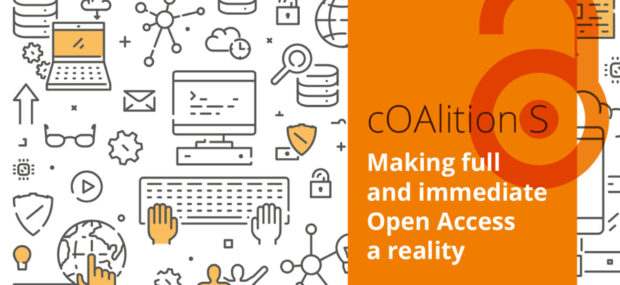While October 31st can bring lots of scary sights and frights, researchers and scholars hoping to continue to seek out and create more equitable publishing models were given some food for thought via a new proposal from cOAlition S – a leading initiative in creating more thorough open access models that ensure equity, timely publication, and comprehensive peer review than what is currently offered traditional subscription based models of publishing.
In their proposal, the international consortium puts forward four main ways that Scholarly Communication needs to change in the direction of more thorough open access:
- Publishing models are still highly inequitable
- Research assets’ publication is needlessly delayed
- There is a potential for peer review that is not being fully utilized
- Editorial gatekeeping is at odds with academic career incentives and it is damaging to the sciences.
Organizations across the world are fighting for more widely open access – as not all open access publications have the same level of accessibility. As more and more models push for Diamond publication and institutions fight for more transformative deals with more rights for students and faculty, keeping in mind some of the above considerations as well will help ensure that scholars are getting what they need from their institutions.
As more and more organizations and higher education institutions begin to question the inherent power dynamics present in our current publishing models, publishers are attempting to both meet user demand and also preserve their prestigious reputations in order to maintain subscription models and profitability. Additionally, as open access players like MDPI fight off attacks on their consistently high publication volume, it will be more important than ever for authors conduct research on not only the journal they are submitting to but also the publisher; understanding how their academic contributions will affect academic discourse in their field, and perhaps signal to other aspiring authors which journals are the safest, most accessible places to publish research.
